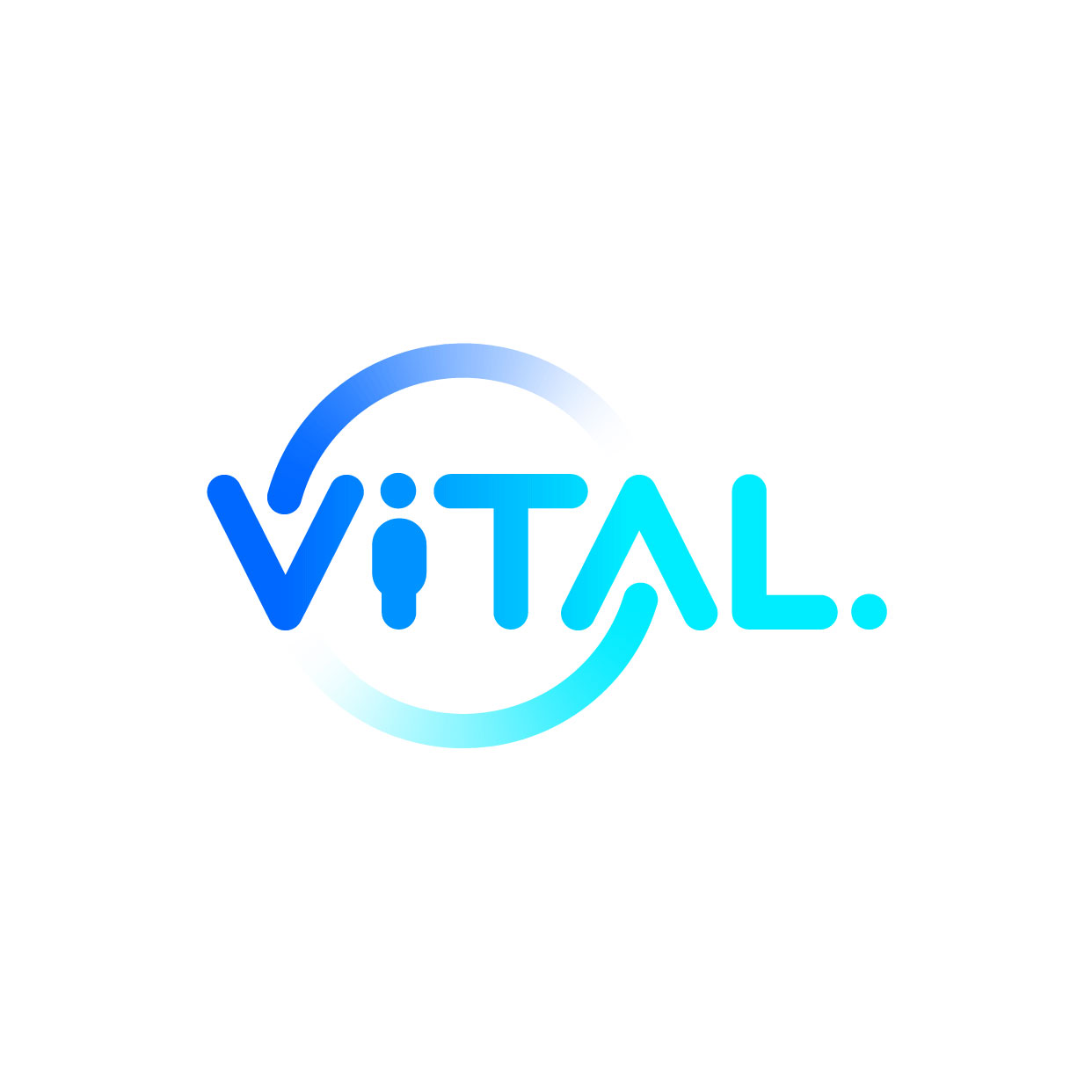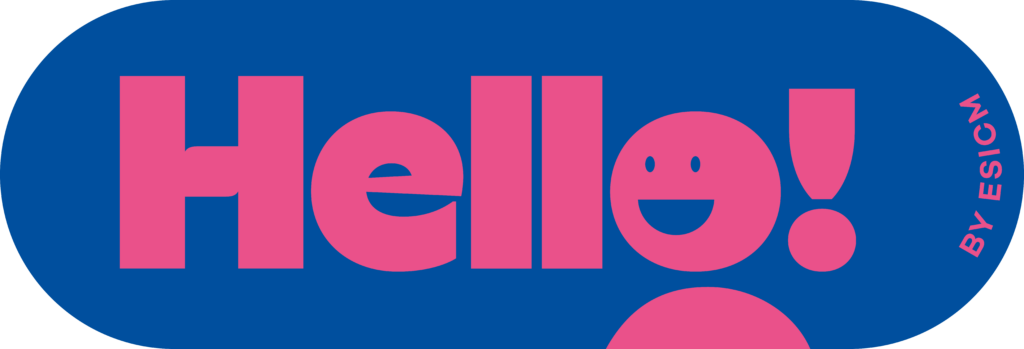
Improving patient & family_centred care in ICU
The ESICM seeks to improve patient and family-centred care in the intensive care environment in partnership with patients, families and multi-professional teams.
To achieve this goal, we are seeking to involve patients and/or their family members in the VITAL project with the support of Intensive Care professionals.
“VITAL” is so named as without the partnership and expertise of ex-patients and their families, we cannot improve practices, tools, and guidelines across the specialty to improve the care we deliver.
Further information coming soon

The HELLO trial
a Vital group initiative
A cluster randomized controlled trial to incite ICU clinicians to say hello to each other.
The prevalence of burnout among healthcare professionals (HCP) in intensive care units (ICUs) is a significant concern, often associated with various mental health symptoms such as anxiety, depression, moral distress, and post-traumatic stress disorder (PTSD). Addressing burnout among healthcare professionals in the ICU requires a comprehensive approach that encompasses prevention, recognition, reversal, and the cultivation of resilience. Prevention efforts aim to create a supportive work environment and promote individual well-being from the outset, thereby mitigating the risk of burnout. This trial holds the potential to provide valuable insights into effective strategies for addressing burnout in ICU settings, ultimately benefiting both staff and patients.
Rationale
Effective communication, cohesive teamwork, a supportive ethical climate, and a positive work environment play pivotal roles in mitigating burnout among healthcare professionals. Communication serves as the cornerstone of collaboration within the ICU, facilitating the exchange of vital patient information, coordinating care plans, and fostering mutual understanding among team members.
Abstract
Burnout among healthcare professionals in intensive care units (ICUs) is a prevalent concern with significant implications for both staff well-being and patient care outcomes. This protocol outlines a cluster randomized controlled trial designed to evaluate the effectiveness of the “Hello Bundle” intervention in reducing burnout among ICU healthcare professionals. The intervention comprises various components aimed at fostering a positive and supportive work environment, including the distribution of Hello Campaign Posters, Email Reminders, Morning Huddles, Hello Jars, and Lead by Example initiatives. A hello board updated daily will be made available in each ICU. The trial will involve 146 participating centers affiliated with the ESICM, randomly assigned to intervention and control groups. Each center will have to include at least 50 HCP. Data will be collected from healthcare professionals at baseline, during the intervention period, and at follow-up, focusing on the prevalence of burnout, satisfaction with care, professional’s intent to leave the ICU, and perceptions of the ethical climate. Statistical analysis will compare outcomes between intervention and control groups, aiming to demonstrate a reduction in the prevalence of burnout from 40% to 30% with an intra-class coefficient of 0.3 and a statistical power of 90%. This trial holds the potential to provide valuable insights into effective strategies for addressing burnout in ICU settings, ultimately benefiting both staff and patients.
Objectives
This trial is designed to promote a positive and friendly atmosphere among ICU colleagues, fostering teamwork and support. It aims at evaluating the effectiveness of the “Hello Bundle” intervention in reducing burnout among healthcare professionals working in intensive care. By fostering a positive work environment through simple acts of kindness, we aim to improve the well-being of HCP in ICUs worldwide.
Methods
Cluster randomized controlled trial.
Target
The aim is to have 200 ICUs participating in the Hello trial, each including 50 Healthcare Providers.
Trial duration and periods
The intervention took place over a period of 4 weeks, and (October-November 2024) and is now closed.
Financial compensation
There is no financial compensation for participation. Participation in the trial is completely voluntary.
Ethical requirements
The trial is not collecting any data about patients and family members nor does it collect any sensitive information such as ethnicity, religion, or religiosity. Ethics committee and appropriate local regulatory approvals must be seeked by the participating investigator. It is noted that in some countries, IRB or ethical committees may waive the approval since this trial is not collecting any patient data nor any health data records. IRB approval (France)
Steering Committee
- Elie Azoulay
- Yaseen Arabi
- Carole Boulanger
- Gaston Burghi
- Maurizio Cecconi
- Michael Darmon
- Oktay Demirkýran
- Abdulrahman Al Fares
- Gabriel Heras La Calle
- Samir Jaber
- Nancy Kentish-Barnes
- Maria-Cruz Martin Delgado
- Giovani Mistraletti
- Sheila Nainan-Myatra
- José-Artur Paiva
- Maria Theodorakopoulou
- Vernon Van Heerden
Principal Investigator
Élie Azoulay, on behalf of the VITAL group of the European Society of Intensive Care Medicine. Médecine Intensive et Réanimation, APHP, Hôpital Saint-Louis, Paris-Cité Université elie.azoulay@aphp.fr
ClinicalTrial.gov
The Hello Trial is registered in ClinicalTrials.gov under the number NCT06453616.
Registration is closed.